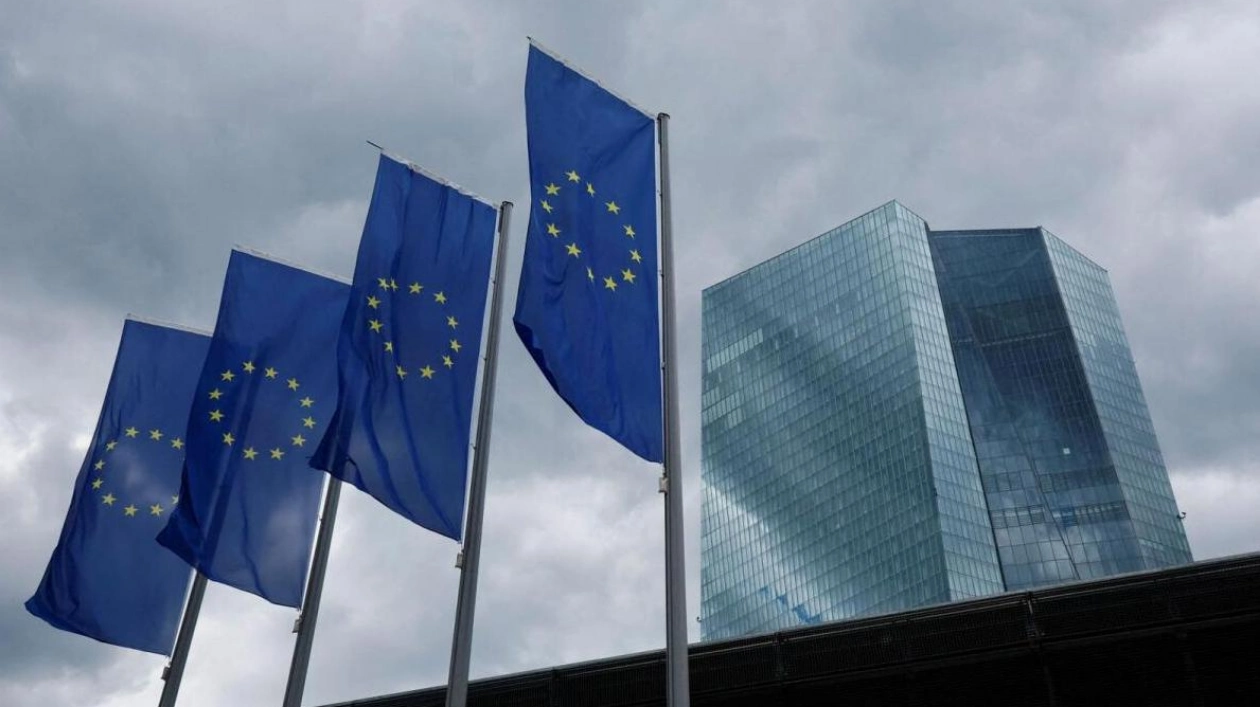European Central Bank (ECB) policymakers did not feel the need to reduce interest rates in the previous month, but they suggested a new discussion might take place in September as high rates impact economic growth, according to the minutes from their July 17-18 meeting released on Thursday.
The ECB maintained its rates during the meeting and provided little insight into its future policy actions. However, the minutes indicate concerns about overly constraining economic growth and show growing confidence that bringing eurozone inflation down to the 2 percent target is achievable.
"A gradual easing of policy restrictions was seen as a delicate balance, as it was also crucial not to excessively damage the economy by maintaining rates at a restrictive level for an extended period," the minutes stated. "It was... important to monitor the real economy."
The September meeting was considered an appropriate time to reassess the level of monetary policy restrictions, according to the ECB. "That meeting should be approached with an open mind."
The ECB was one of the first major central banks to cut rates in June, and recent eurozone economic data largely supports further easing. Key indicators such as negotiated wage growth, which is crucial for gauging future price pressures, have slowed significantly in the second quarter, while economic growth has been weak, with Germany, the largest economy in the bloc, narrowly avoiding a recession.
Market expectations now point to a more than 90 percent chance of a 25-basis-point rate cut next month, followed by at least one more cut this year, possibly in December.
"While there could still be unexpected increases in wage growth later this year, today’s wage growth figures make a 25bp cut in September even more probable," said ING economist Bert Colijn.
The ECB has long been wary of rapid wage growth, but the minutes suggest policymakers are becoming more at ease. "It was reassuring to observe that domestic cost pressures from high wage growth, including in the services sector, had been increasingly mitigated by unit profits," the minutes revealed.
Policymakers also believed that inflation was steadily returning to the target, with price growth expected to reach 2 percent by the end of next year, following the long-established criteria.






